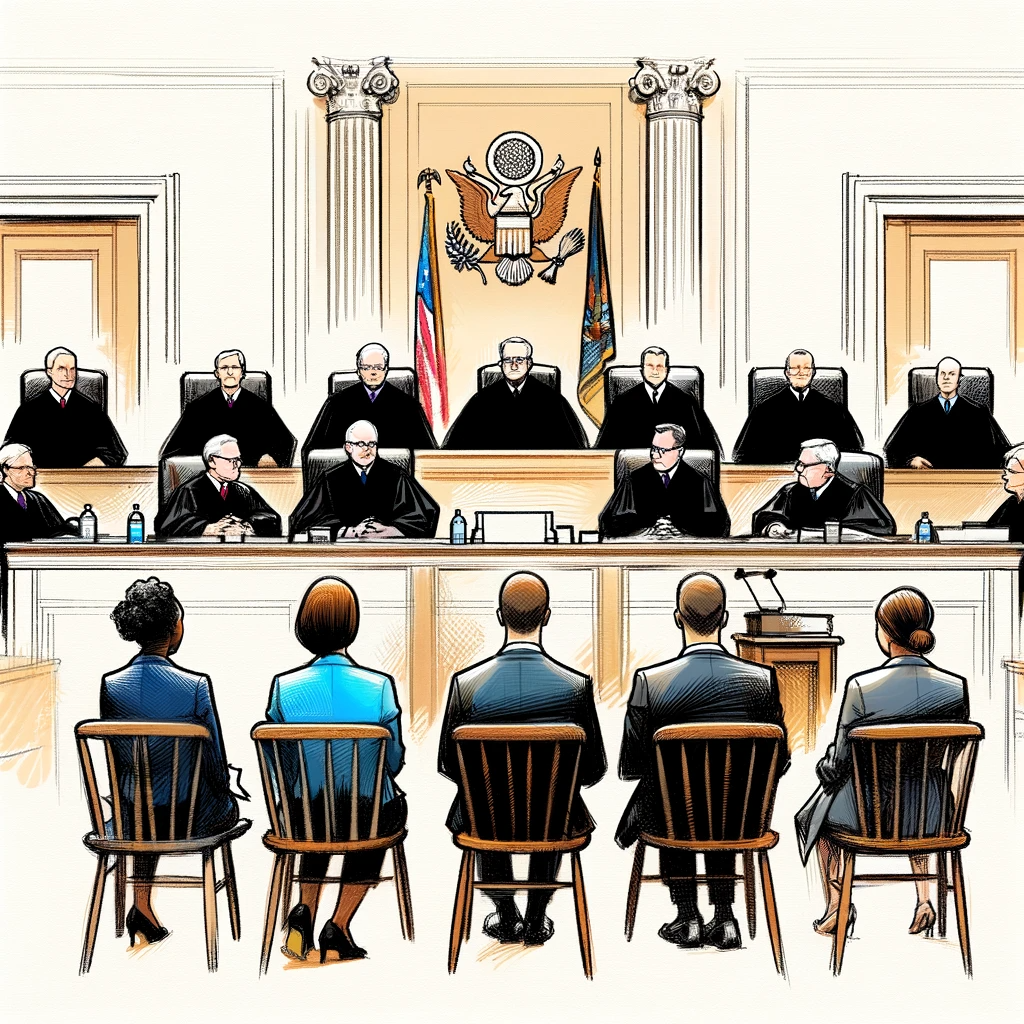Case Digest: Haaland Secretary of the Interior et al. v. Brackeen et al.

The case Haaland v. Brackeen revolves around the Indian Child Welfare Act (ICWA), a federal statute aimed at maintaining Indian children's connections with their Indian families in adoption and foster care proceedings. The key doctrine addresses the hierarchical preferences for placing Indian children under the ICWA and the associated legal challenges regarding constitutional grounds, including alleged violations of the Tenth Amendment and claims of racial discrimination.
Introduction:
Haaland v. Brackeen is a Supreme Court case that centers on the Indian Child Welfare Act (ICWA) and its implications in child custody proceedings. This case highlights significant legal and constitutional questions regarding the intersection of federal authority, state jurisdiction in family law, and the rights of Indian tribes and families.
Facts of the Case:
The case stems from three separate child custody proceedings under the ICWA, which mandates specific placement preferences for Indian children to maintain ties with Indian families and tribes. Petitioners, including a birth mother, foster and adoptive parents, and the State of Texas, challenged the constitutionality of ICWA, raising issues around congressional authority, the Tenth Amendment's anticommandeering principle, racial classifications, and the nondelegation doctrine.
Issue of the Case:
The central legal question involves the constitutionality of ICWA's provisions, including whether Congress has the authority to enact ICWA, and whether certain ICWA requirements infringe upon state sovereignty or involve impermissible racial classifications.
Ruling of the Case:
The Supreme Court upheld ICWA's alignment with Congress's Article I authority, affirming Congress's broad but not unbounded power to legislate with respect to Indian tribes. The Court rejected petitioners' anticommandeering challenges, ruling that ICWA's provisions did not commandeer state legislative or executive authority. The Court did not address certain claims (equal protection and nondelegation challenges) due to lack of standing.
Impact on the Legal System:
This ruling underscores the plenary power of Congress in legislating Indian affairs, respecting tribal sovereignty and interests in child welfare cases. It clarifies the extent of federal authority over state family law, especially in the context of Indian child custody proceedings, reinforcing the balance between federal and state powers.
Conclusion:
Haaland v. Brackeen reaffirms the constitutionality of the ICWA and Congress's authority in Indian affairs. It emphasizes the federal government's role in protecting the interests of Indian children and tribes, while navigating the complexities of state and federal jurisdictions in family law.

